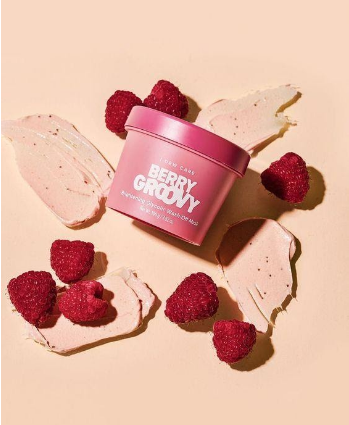If you’re trying to sell something online, you’re definitely going to have to demonstrate its best side. Everyone wants to make high sales and to convince their potential customers how great their product can be for them they will need captivating visual content.
Different people perceive the same thing in completely different ways. That is why it is difficult to concentrate general attention . And this is where product photography comes to the rescue, which is an effective tool for influencing consumer psychology, used successfully in companies’ marketing strategies. Statistics confirm that
75% of online shoppers rely on product images when they need to consider a possible purchase.
Obviously, the power of images is hard to ignore . Online users are increasingly attracted to photos rather than the ability to read the full description of a product.
Undoubtedly, today, when the online presence is increasingly important, product photography is essential for influencing consumer behavior and an effective approach to persuasion and subsequent purchase.
Regardless of the industry in which an activity falls – fashion, technology, cooking, home goods, services and so on, the final products should stand out.
Consumer attention, the process of perception and the various elements of product photos, such as composition, background and props go hand in hand and are a key point in any marketing strategy.
It should be borne in mind that consumers are attacked daily with countless messages that try to get their attention and it is important that the visual content that appears to match their specific needs.
Product images are often used to emphasize the benefits of specific items and enhance the brand image. A survey shows that 74% of consumers rely on social media to guide their purchasing decisions.
Product photography is able to help expand the reach of a company and attract a new audience. High-quality, well-thought-out and well-presented product staff can increase engagement and sharing, enabling new customers, raising brand awareness, organic traffic, sales and, of course, constantly expanding the process.
What should we consider when trying to influence through product photography to persuade people to buy something?
According to a survey conducted by Big Commerce, 78% of online shoppers want to see the product as if it were part of their own daily life.
There is no doubt that the white background in product photography allows the product to be the only focus in the frame and certainly increases the visual appeal of the photos. It is often conjugated as a classic for online shopping platforms and websites.
But having a product photo on a white background is not enough and can sometimes bore the viewer. Adding additional elements can make the shot much more interesting and the product intriguing.
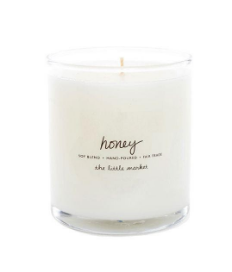
Photo: thelittlemarket.com

Photo: abigailamira.com
When shopping online, people are looking for a stimulating interactive experience . In fact, a few shots are able to connect the product with the viewer, because the power of product photography lies in creating and telling a story.
Choosing a certain number of images from different angles, adding a detailed frame emphasizing a specific accent, are stimulating and impactful, but the idea that rear and close-up views are used as additional images while the main product is always in focus.
Focus is what grabs the attention of consumers from the very first moment. Still, having too many focal points in an image can distract the viewer’s perceptual process because he doesn’t know where to look.
When we talk about focus in product photography we must mention that the most commonly used method is the shallow depth of field, when depending on the focal length the subject is more sharp (in focus) and the background is intentionally out of focus.

Photo: onesarcasticbaker.com
Adding 360 ° product photos is a great way to turn the offline experience into an online reality and give the viewer the extra confidence needed to buy specific products. In general, choosing more images usually leads to more high conversion rate.
Nobody wants to lose sales. Therefore, special attention should be paid to the quality of visual images.
90% of online shoppers say photo quality is the most important factor for online sales.
Larger interactive images, scalability, in addition to making sites look more attractive, improve the overall experience of the buyer.
The convenience for users to be able to enlarge and rotate photos of clothes, accessories, furniture, decor to see them from different angles, to click on another color pattern and now view the product in a different shade, means more potential customers and of course get more sales.
People remember 80% of what they see
And the more visual information is provided to a potential customer, the more he or she will be willing to buy. For example, a consumer may be attracted by a specific color, saturation, or contrast of a background that makes a product stand out.

Photo: vogue.com
Visual effect acquired through playing with light is another tempting trick to increase viewer interest.
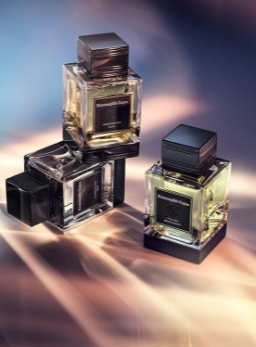
Photo: behance.net
As is well known without light there is no color. People need light to see, and photographers need light to take pictures.
Different light sources and their use lead to specific results and mastering them is an essential aspect for impact on the attention of buyers.
Sunlight affects the natural color perception and can bring attractive touches to the image. Of course, one should not underestimate the fact that more intense light coming from many directions will drown out the details and overexpose the leading object.
In practice, most professionals will prefer artificial studio lighting because they can control the settings to perfection – to get the right color balance, to avoid unwanted shadows, glare and any other shortcomings.
On the other hand, combining different light sources has many advantages and can certainly improve the texture, details, dimensions and the image of the product itself, which directly affects the consumer perception.
Shapes, symmetry also affect the processing of information that viewers receive from the visual content. Placing products on stands with different geometric shapes or arranging them in symmetry stirs the static and activates the attention.

Photo: heydesign.com
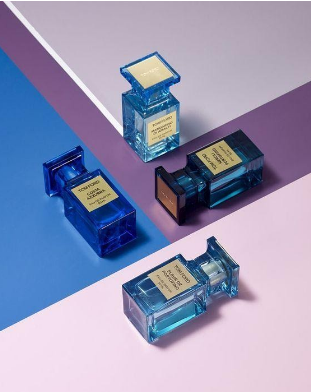
Photo: onesarcasticbaker.com
One of the most important moments in product photography lies in creating attractive and exciting images. There are many techniques to get products to captivate the audience. Think of creative ways to showcase the products. The possibilities are endless.
Let’s imagine that we are the owners of our own cosmetics brand and we have to present a new fruit face mask.
We can make a plain shot by choosing a contrasting background on which to shoot the product. But would that be enough? If the online buyer can see the product in more detail, he will be more willing to give his money.
To get consumers’ attention, we need to stimulate their senses and make them associate. To do this, we can emphasize some key features of our product by adding color, interpreting flavor, showing what the texture looks like.
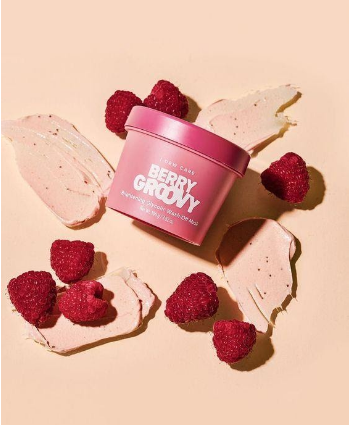
Photo: amazon
Ultimately product photos deliver the necessary information to consumers, increase brand confidence and commitment. They can increase sales and competitiveness. And this consequence actually gives us reason to confirm that product photography sells.
